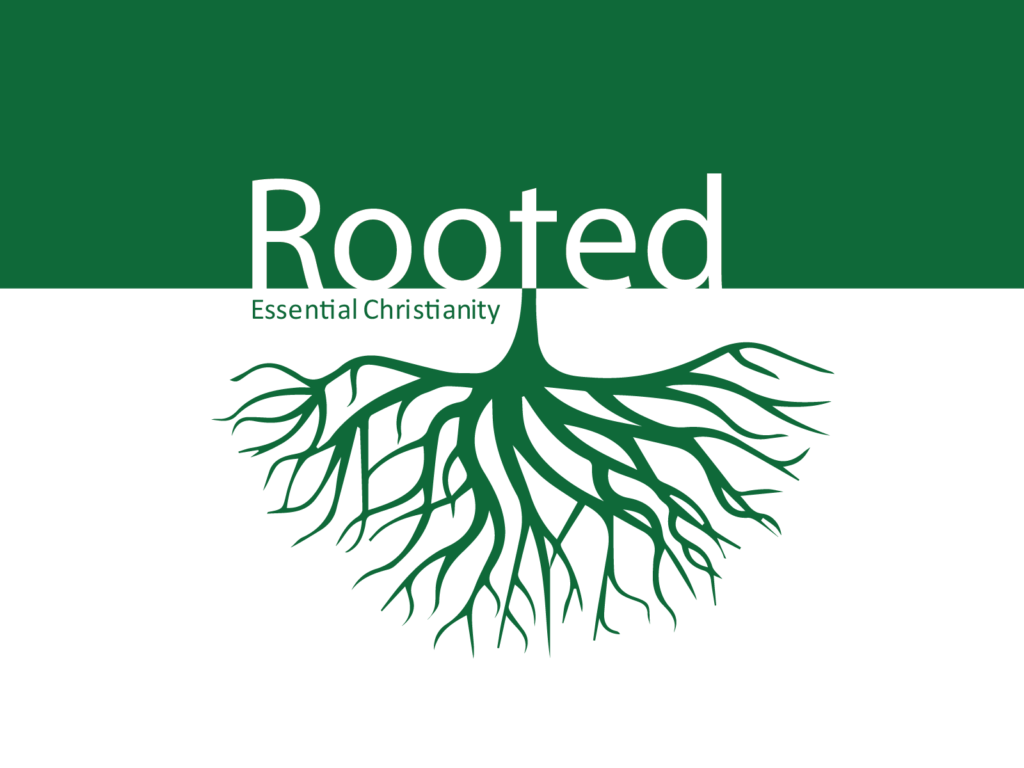Not to us, O Lord, not to us, but to your name give glory…
Psalm 115:1
As we noted at the beginning of our series through the Lord’s Prayer, the closing doxology does not appear in the oldest manuscripts in our possession. However, the doxology does belong to the oldest Christian tradition. It is found in the Didache, an ancient collection of Christian teachings and selections from the Bible which dates to as late as the 200’s AD and as early as the first century during the days of the Apostles. The Didache, being a collection of teachings that the early Christians considered necessary for disciples to believe and practice, includes the Lord’s Prayer from Matthew 6. That early copy of the Lord’s Prayer, which pre-dates our oldest manuscripts of Matthew’s gospel, includes the doxology. In addition, it does not seem likely that Jesus, a pious Jew, would teach his disciples to pray and not include a doxology which was the uniform practice of Jewish prayer. So we gladly continue the ancient Christian practice of reciting the doxology as part of the Lord’s Prayer.
A doxology is a word of praise, a statement attributing glory and honor to God. Doxologies are found throughout the Scriptures. For instance, doxologies are standard features in the prayers of the prophets and apostles. They are common in the Psalms and the public statements and prayers of godly kings. The Apostle Paul typically concluded his epistles with doxologies.
Doxologies were often offered as the people of God acknowledged their needs and then gave praise for the meeting of those needs. They were also regularly offered in response to God for his perfections. J.I. Packer states that “praise for what God is, and does, is the strong support of hope in what he can and will do. So the more you praise, the more vigor you will have for prayer; and the more you pray, the more matter you will have for praise.”
The doxology which concludes the Lord’s Prayer seems to correspond with the first three petitions of the prayer: “Yours is the kingdom” (Your kingdom come), “…and the power” (Your will be done), “…and the glory” (Hallowed be your name). The thing which the devil and the world and the sinful desires of our own hearts push us to claim for our own belongs to God alone. To those evil temptations to claim glory we must reply with a collective, “Not to us, O Lord, not to us, but to your name give glory, for the sake of your steadfast love and faithfulness” (Psalm 115:1).
It seems inconceivable to not conclude prayer with an “amen.” Unfortunately that little word seems to function merely as a signal to everyone else that the prayer is officially over. But there is great significance to that little word. Amen literally means “true” or “this is true.” When we say “amen” to conclude a prayer we are confessing that the words spoken are faithful and true. But more than that is at work in our amen. When we exclaim, “this is true,” at the end of our prayer we are expressing a desire for a growing correspondence between the confessions of our prayer and the way that we live. May our amen declare that desire within our hearts.
